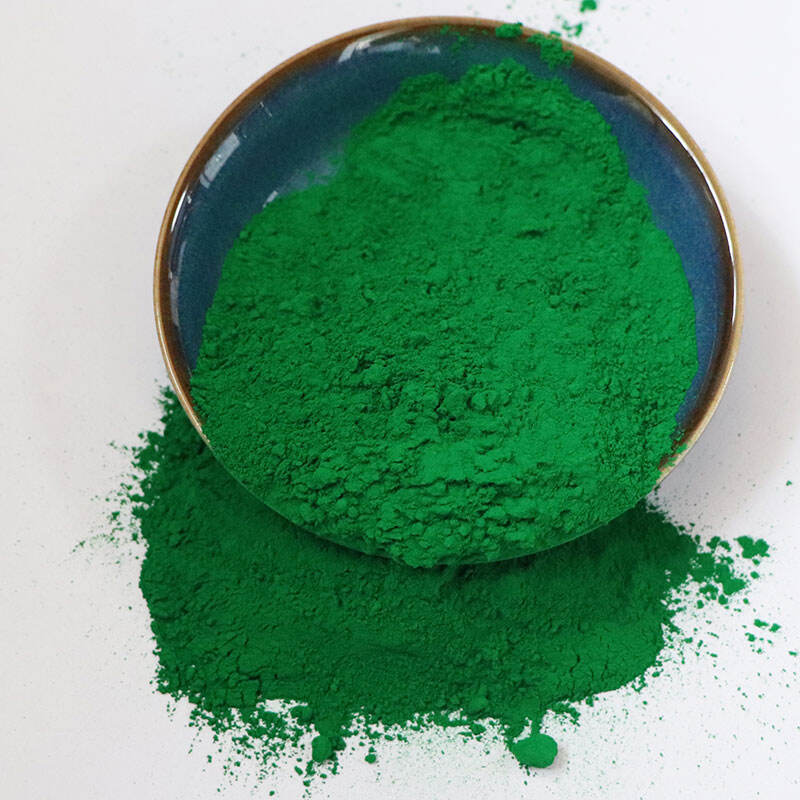diatomaceous earth uses for plants
Diatomaceous earth (DE) serves as a versatile and natural solution for plant care, derived from fossilized remains of tiny aquatic organisms. This fine, powder-like substance contains microscopic sharp edges that make it highly effective for pest control while remaining safe for plants and beneficial insects. In garden applications, DE functions as a natural pesticide, soil amendment, and plant fortifier. When applied as a soil amendment, it improves soil structure, enhances water retention, and provides essential minerals like silica, which strengthens plant cell walls. For pest management, DE creates a protective barrier around plants, effectively controlling crawling insects through mechanical action rather than chemical means. Additionally, its moisture-regulating properties help maintain optimal growing conditions by preventing soil compaction and promoting better root development. The material's porous nature also aids in nutrient retention, making fertilizers more efficient and available to plants over extended periods. When used as a foliar spray, DE can help prevent fungal diseases and strengthen plant leaves against environmental stress.


